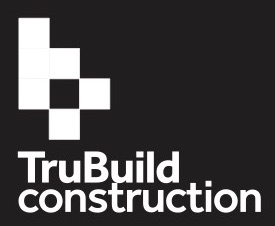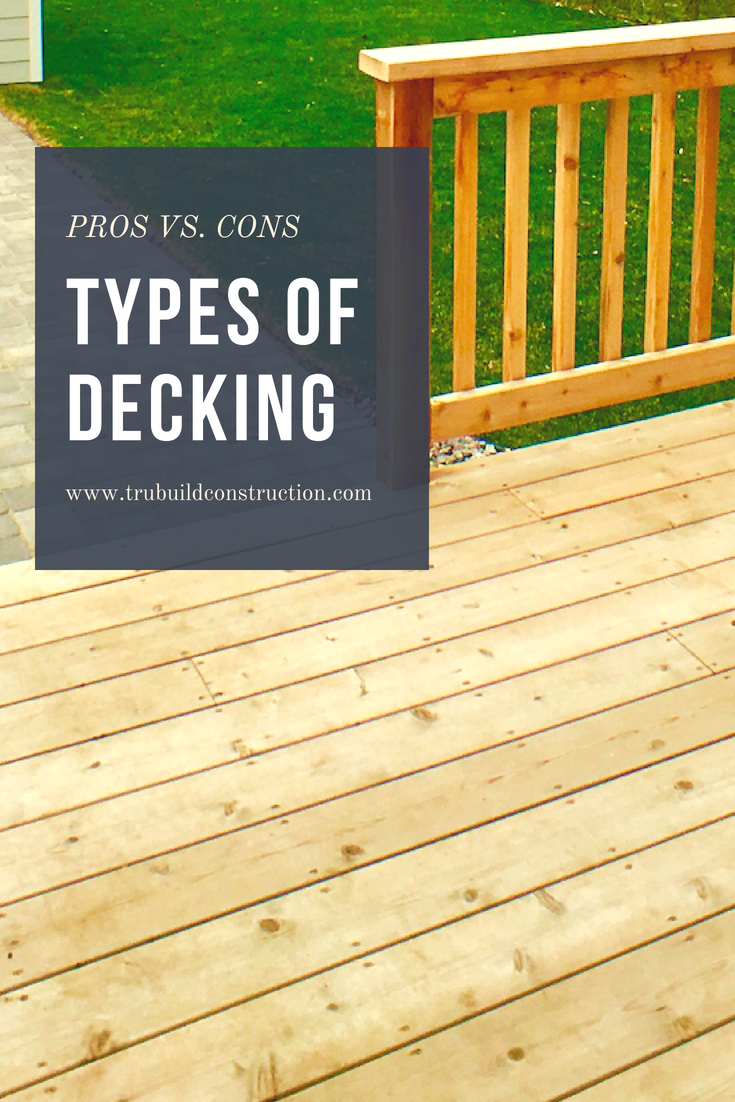Choosing the Right Material for Your Deck
If you’re planning to add a deck to your backyard entertaining space, you’re probably wondering which material choice will offer the most budget-friendly and durable long-term result.
As the weather begins to warm up it is natural to start dreaming of summer days spent outside and barbecues with friends and family.
In Minnesota, we take advantage of every minute of the nice weather when we have it!
We all want to extend our living space outside so we can soak up the sun during the day and listen to the crickets at night.
Affiliate Disclosure: You should assume the owner of this website has an affiliate relationship and/or another material connection, to any suppliers of goods and services that may be discussed here and may be compensated for showing advertisements or recommending products or services, or linking to the supplier's website.
Everyone can agree that adding a deck is a great way to increase your outdoor living space, but what is the right decking material to meet your needs?
We got you!
Here is a quick list of the pros and cons of the most common materials we see used for decks!
Treated Wood For Decking -
Pros of Treated Wood for Decking:
Most cost effective material choice
Can be stained or painted to your liking
Infused with chemicals that repels insects and prevents rot
Wood is strong and holds up well to wear
and tear
Cons of Treated Wood for Decking:
Wood does not have a naturally attractive appearance
Maintenance will be required to keep the paint or stain looking good
Wood is prone to twisting as it dries out which can impact the look of the deck over time
2. Cedar For Decking -
Pros of Cedar for Decking:
A naturally attractive wood
Easy to work with when installing, lightweight but also strong
Less likely to twist when it dries when compared to treated wood
Naturally repels insects
Can be painted or stained to your liking
Cons of Cedar for Decking:
More expensive than treated wood
Softer wood and can easily be dented or dinged
Maintenance is required for paint and stain
3. Composite For Decking -
Pros of Composite Decking:
Requires very little maintenance
Many colors, styles, and textures available to suit any style preference
Very durable
Cons of Composite Decking:
Most expensive option
Harder to work with when installing
Heavy- if adding onto an existing deck structure you may need to add additional support before installing decking
Can fade over time
Conclusion
Building a new deck or replacing decking can extend your living space outside and help you enjoy the warm seasons longer. The choice you make for the type of decking needs to include consideration of budget, maintenance, how you plan to use the deck, and maybe even how long you plan to have the deck last before it would need to be repaired or replaced. No matter which decking choice you make, all can create beautiful and functional outdoor living spaces!
What decking material option seems like the best fit for you? Do you have more questions for us? Ask them below or contact us.
We are always here to help!















